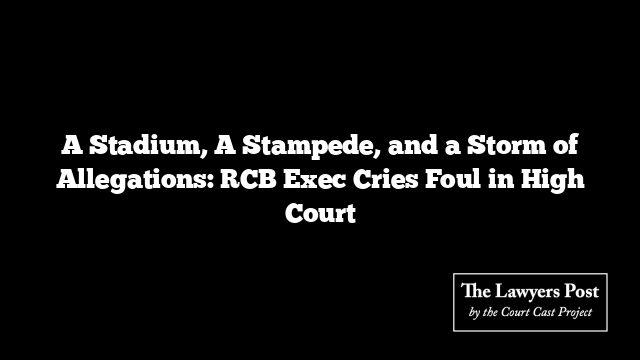A Delhi courtroom recently drew a thick red line under careless reporting, ordering Hindustan Times and its former journalist Neelesh Misra to pay ₹40 lakh in damages to businessman Arun Kumar Gupta for a 2007 article that the court found to be defamatory.
The controversy traces back nearly two decades. Gupta, who had resigned from a company called Integrix in 2005 to launch his own venture, found himself entangled in litigation the following year. The firm accused him of email defamation and website hacking. Though court proceedings pointed toward his IP address, nothing in the legal records alleged financial misconduct—or that he had been fired.
Yet, in January 2007, a report in Hindustan Times claimed someone (not named, but clearly identifiable, according to witnesses) had been sacked over alleged financial irregularities. Gupta sued not just the publication and the journalist, but also Integrix, its directors, and its lawyer. He eventually settled with everyone—except the media house and its reporter.
The defendants argued they were reporting in good faith, based on credible sources and court documents. They also claimed the piece didn’t name Gupta. But the court wasn’t persuaded.
District Judge Prabh Deep Kaur peeled back every layer of the story. She found no evidence in the official case files to support the claim that Gupta was ever dismissed for financial reasons. On the contrary, the company had clearly stated in its own pleadings that Gupta had resigned—and that there were no allegations of financial irregularities.
The article’s ambiguity didn’t help the defence. Though Gupta wasn’t named, his identity was unmistakable to those in his professional orbit. Witnesses confirmed they had recognized him from the article and confronted him about it. For the court, that was enough—damage done.
Worse still, the newspaper and the journalist never disclosed their source for the sacking claim, nor could they produce any document backing it. The court dismissed the idea that this was a “fair comment,” ruling instead that it amounted to character assassination.
As for intent, the court brushed aside the defence of innocence: the lack of malice didn’t cancel out the harm. While Gupta had originally sought ₹1 crore, the court awarded ₹40 lakh—three-fourths to be paid by the Hindustan Times, the rest by Misra.
The court was clear on why the larger burden fell on the publication. Institutions, it said, carry greater power—and with that, greater responsibility. Misra may have slipped, but the media house had the systems, editors, and checkpoints meant to prevent exactly this kind of error.
What the court also made crystal clear: freedom of the press does not come with a free pass to ruin reputations without proof.





